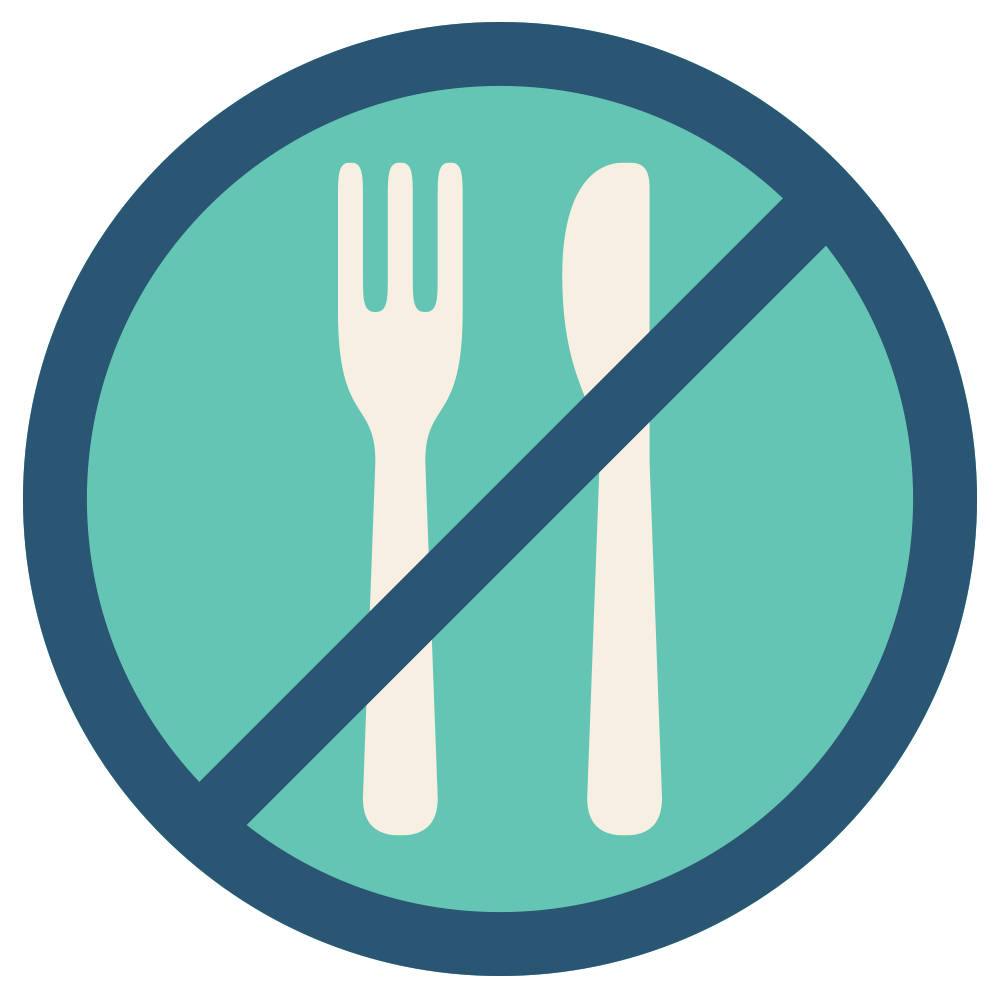If you are inspired by Jeanie’s story, you can make small, important lifestyles changes to stay healthy. “Along with pharmaceutical methods to treat cardiovascular risk factors, if you want to lower your risk of heart disease (and many other chronic health conditions, including diabetes) you should invest time and effort in long-term strategies like diet, exercise, and commitment to a healthy lifestyle,” says Dr. Sandeep Garg of The Oregon Clinic Cardiology.
WATCH FOR HIGH-CHOLESTEROL FOODS
A major misconception is that only red meats cause heart disease. Almost all animal products, such as dairy, eggs, and several “lean meats” contain saturated fats and raise cholesterol and should be avoided. Processed “junk foods” containing hidden hydrogenated oils also contribute to high cholesterol, weight gain, obesity and diabetes. Even most of the common oils used for cooking raise cholesterol levels.
EXPERIMENT WITH PLANT-BASED MEALS
Dr. Garg is a proponent of a whole food, unprocessed, plant-based diet. “You automatically reduce your calorie, salt, and fat consumption and at the same time increase consumption of several macro and micronutrients and fiber.” Experiment with different plant-based recipes or try doing a “meatless Monday” each week to bring variety to your diet and as you progress on this path. There are lots of good books available that can provide more in-depth information.
 Heart-Healthy Food Include:
Heart-Healthy Food Include: • Almost all vegetables
 Avoid These:
Avoid These:
• Fruits
• Whole grains
• Lentils/legumes/beans
• Some nuts, like walnuts
 Avoid These:
Avoid These:• Animal products
• Snacks
• Added Sugars
• Alcohol
• Drinks: juices, milkshakes, etc.
MOVE YOUR BODY REGULARLY
Making physical activity part of a daily routine can help lower many risk factors for heart disease like decreasing high blood pressure and helping you maintain good weight. Aim to move your body at least 30 minutes a day (taking a 10-minute walk during lunch or doing chores around the house) and if possible, participate in some high-intensity exercise (like a spinning class or lifting weights) a few times a week.
QUIT SMOKING – NOW!
If you smoke, vape, or use tobacco products – Quit. Smoking not only raises your risk of heart disease and heart attack, it also damages your lungs and significantly increases risk of several cancers. Talk with your doctor about programs and products that can help you quit smoking. Also, avoid secondhand smoke.
REDUCE STRESS
Research suggests that excess stress can contribute to high blood pressure and other cardiovascular risks. Some of the ways people cope with stress—drinking alcohol, abusing other substances, smoking, or overeating—are not healthy ways to manage stress.
Ways to Reduce Stress:
• Visit a qualified mental healthcare provider
• Participate in a stress management program
• Practice meditation
• Be physically active
• Try relaxation therapy
• Talk with friends, family, and community or religious support systems